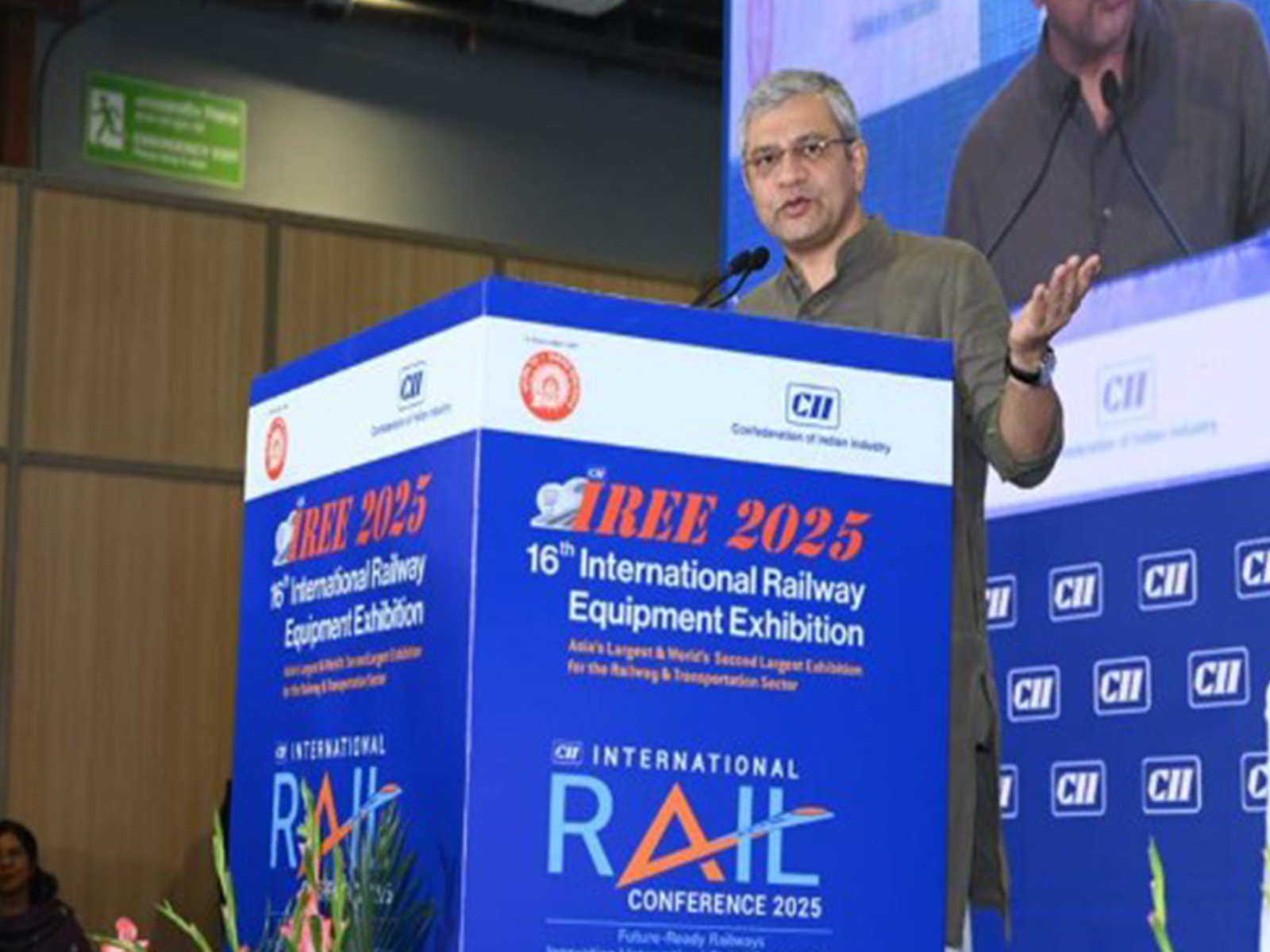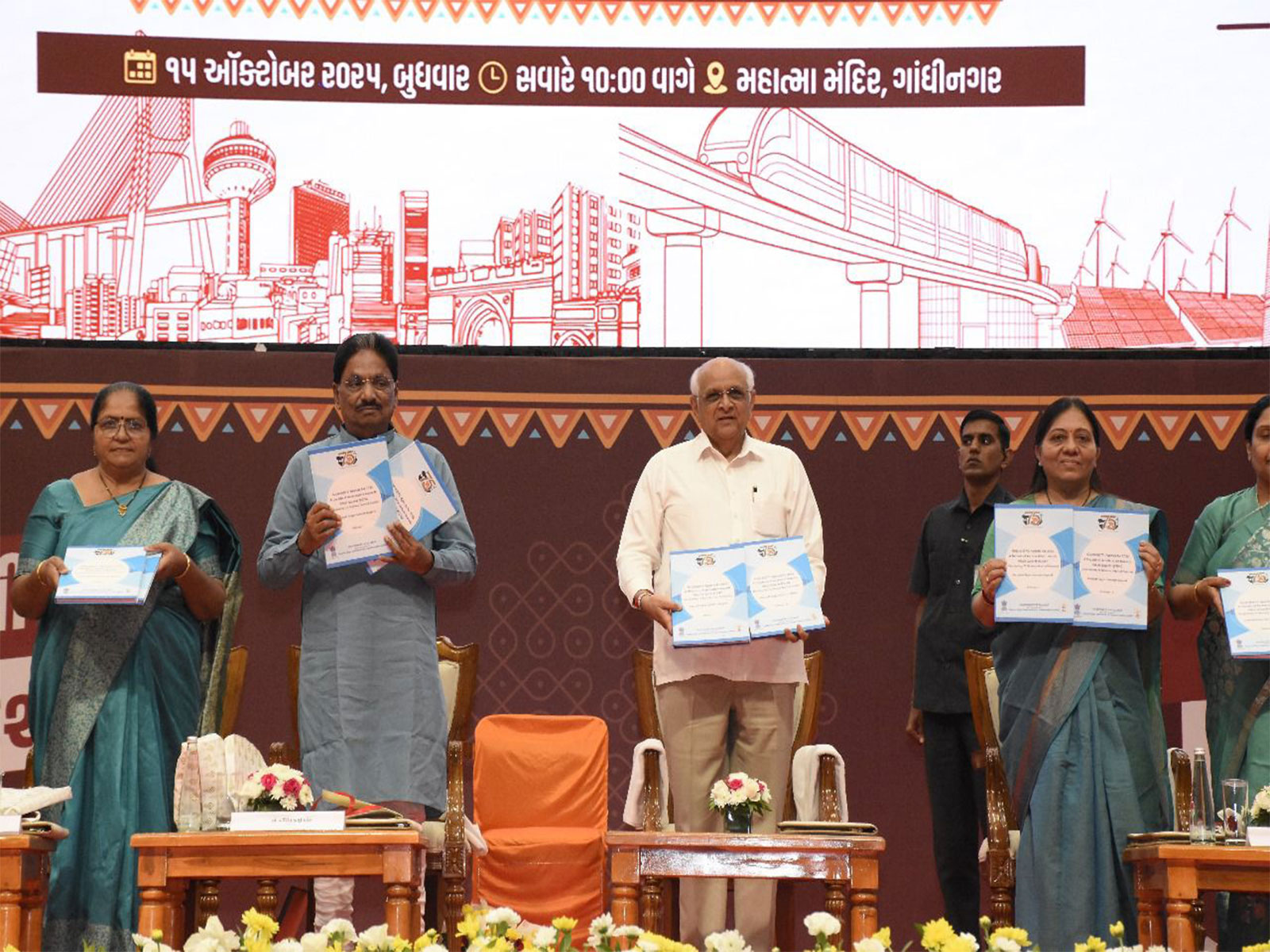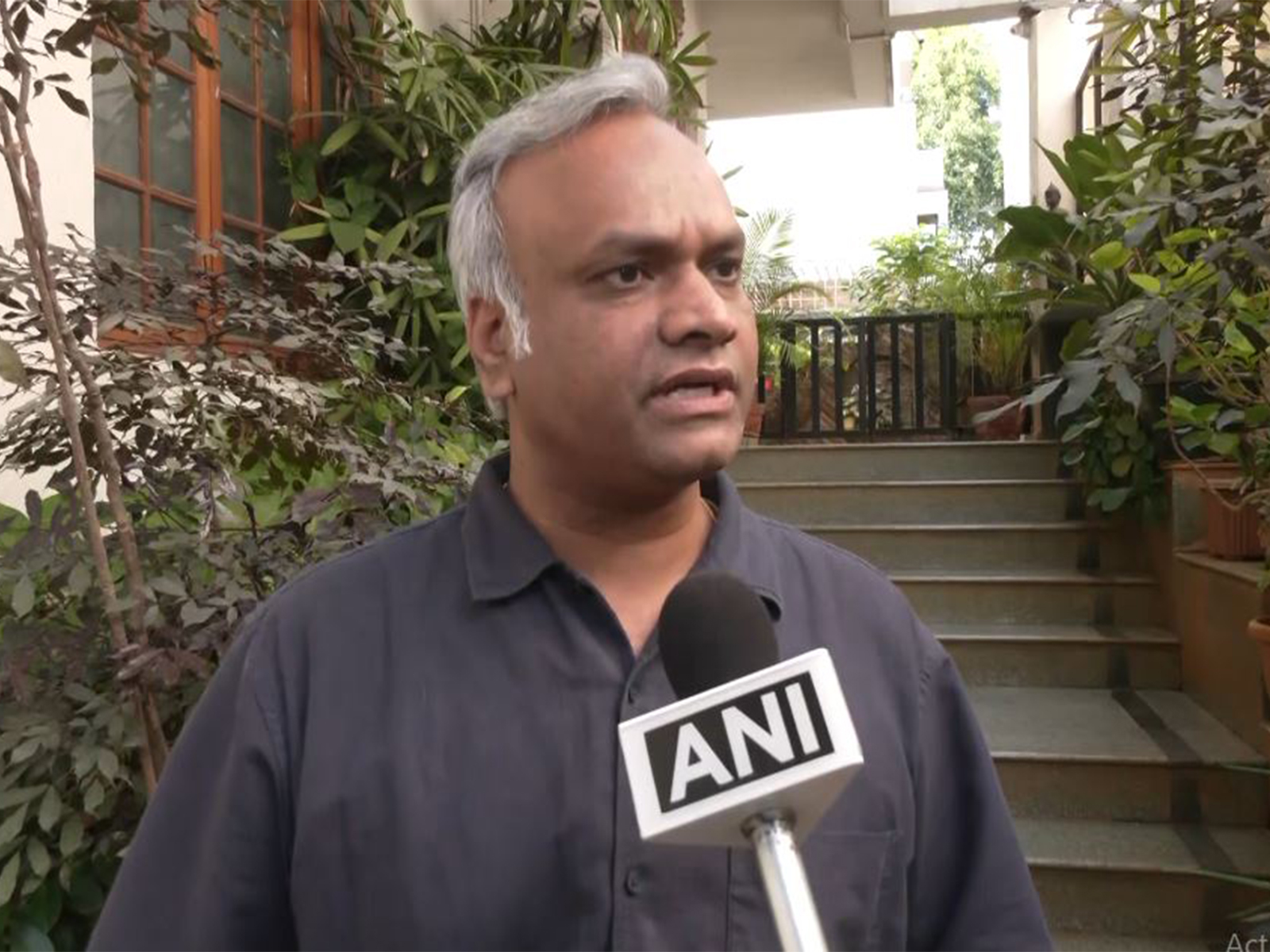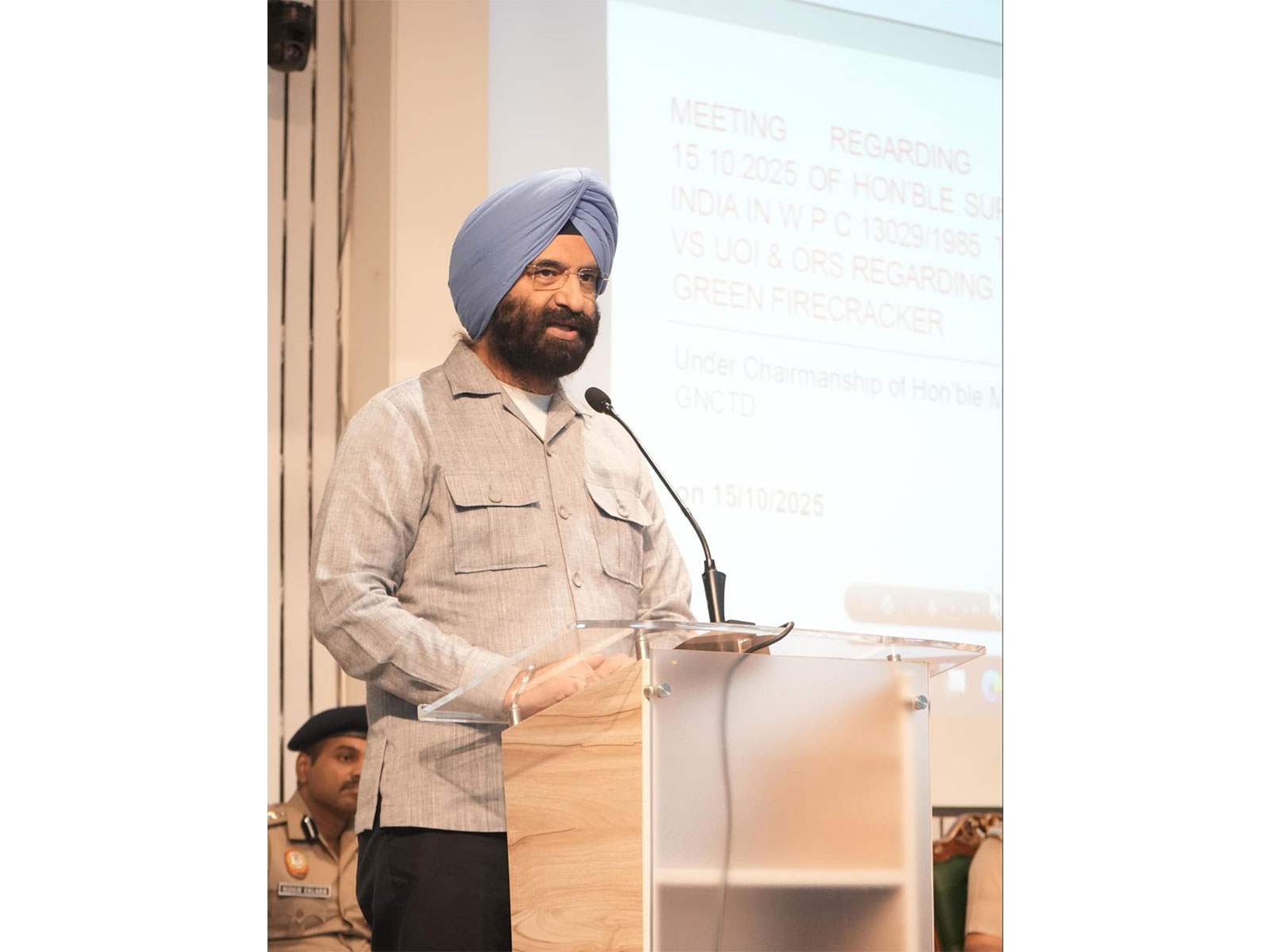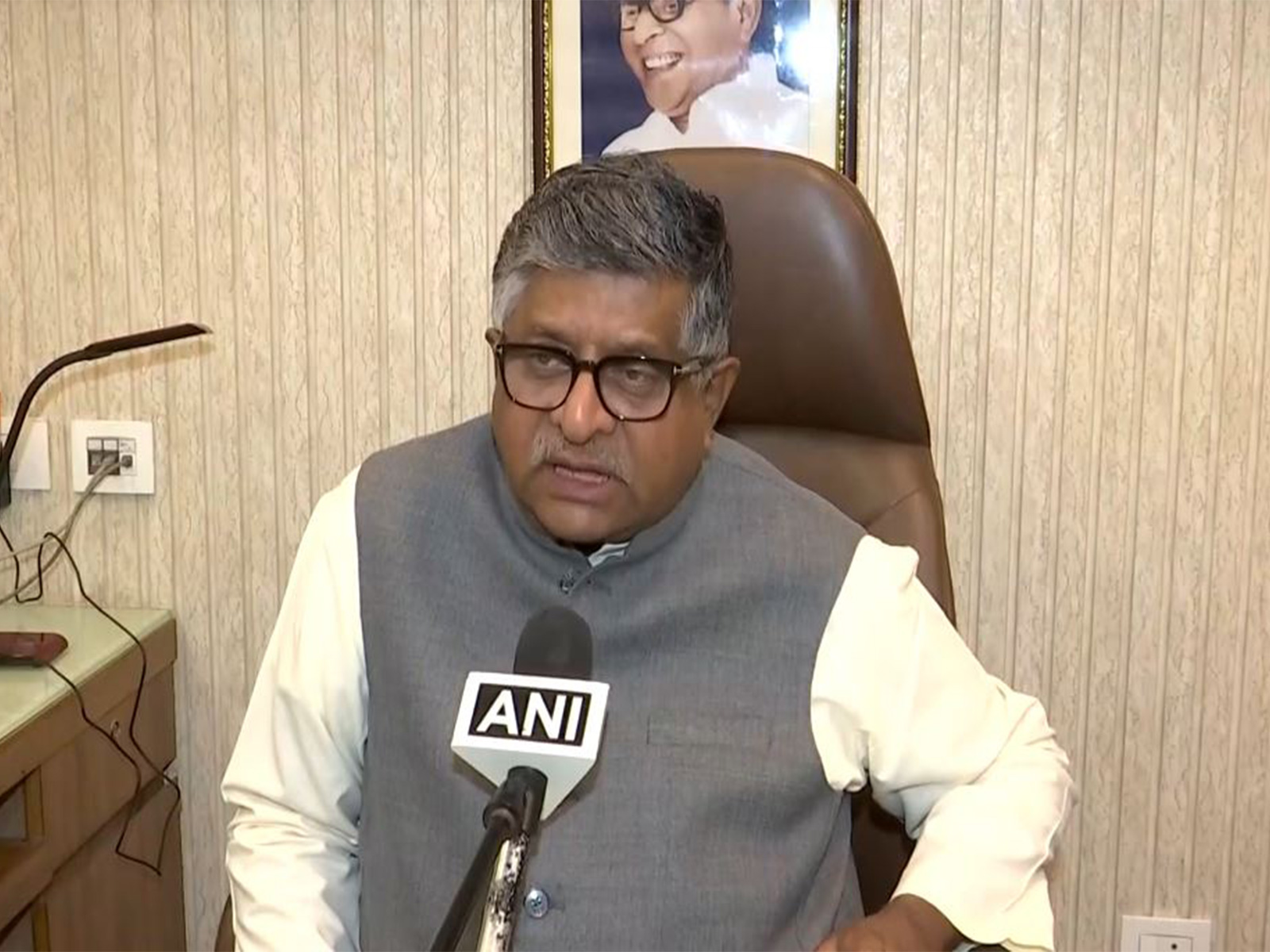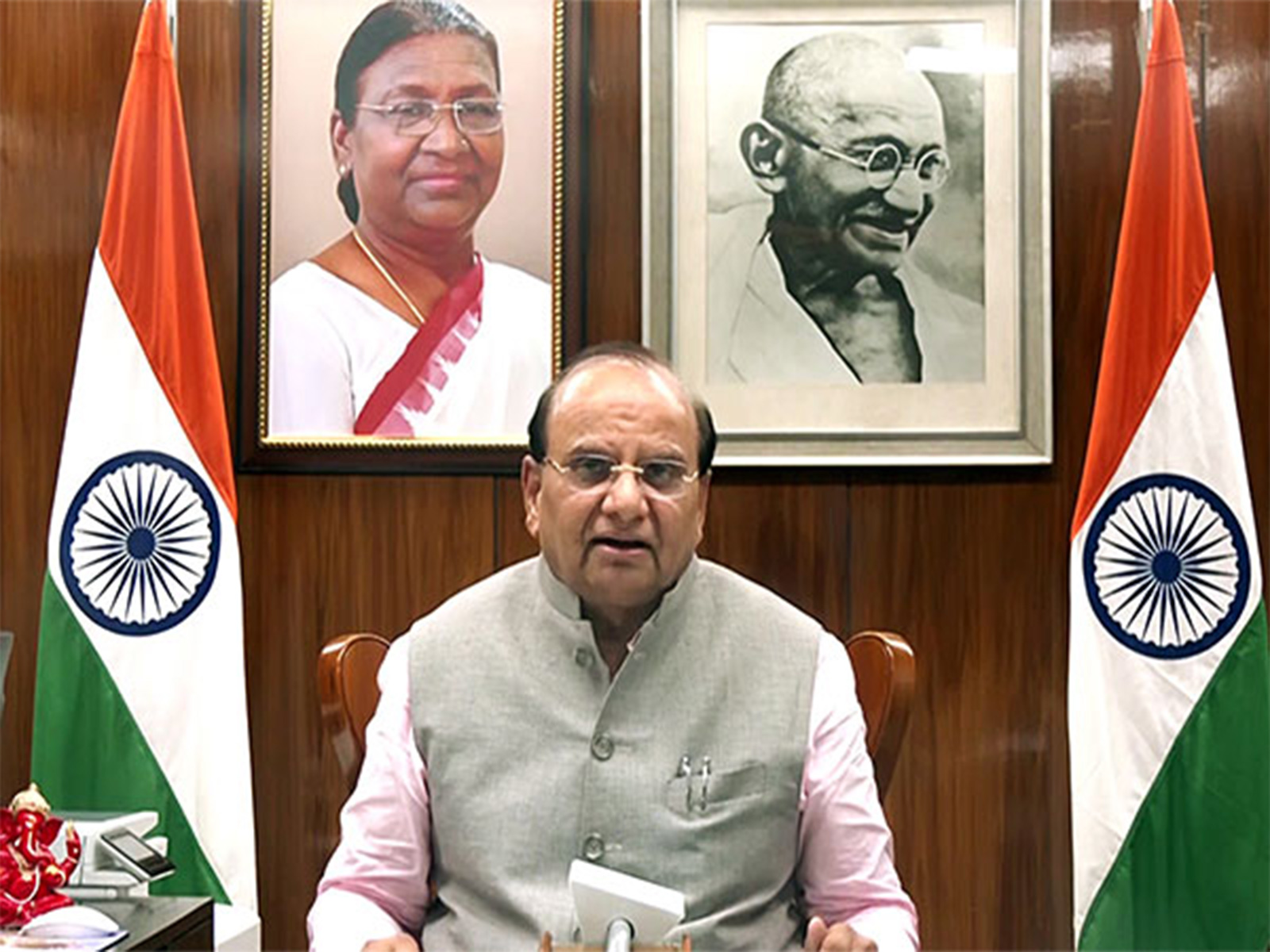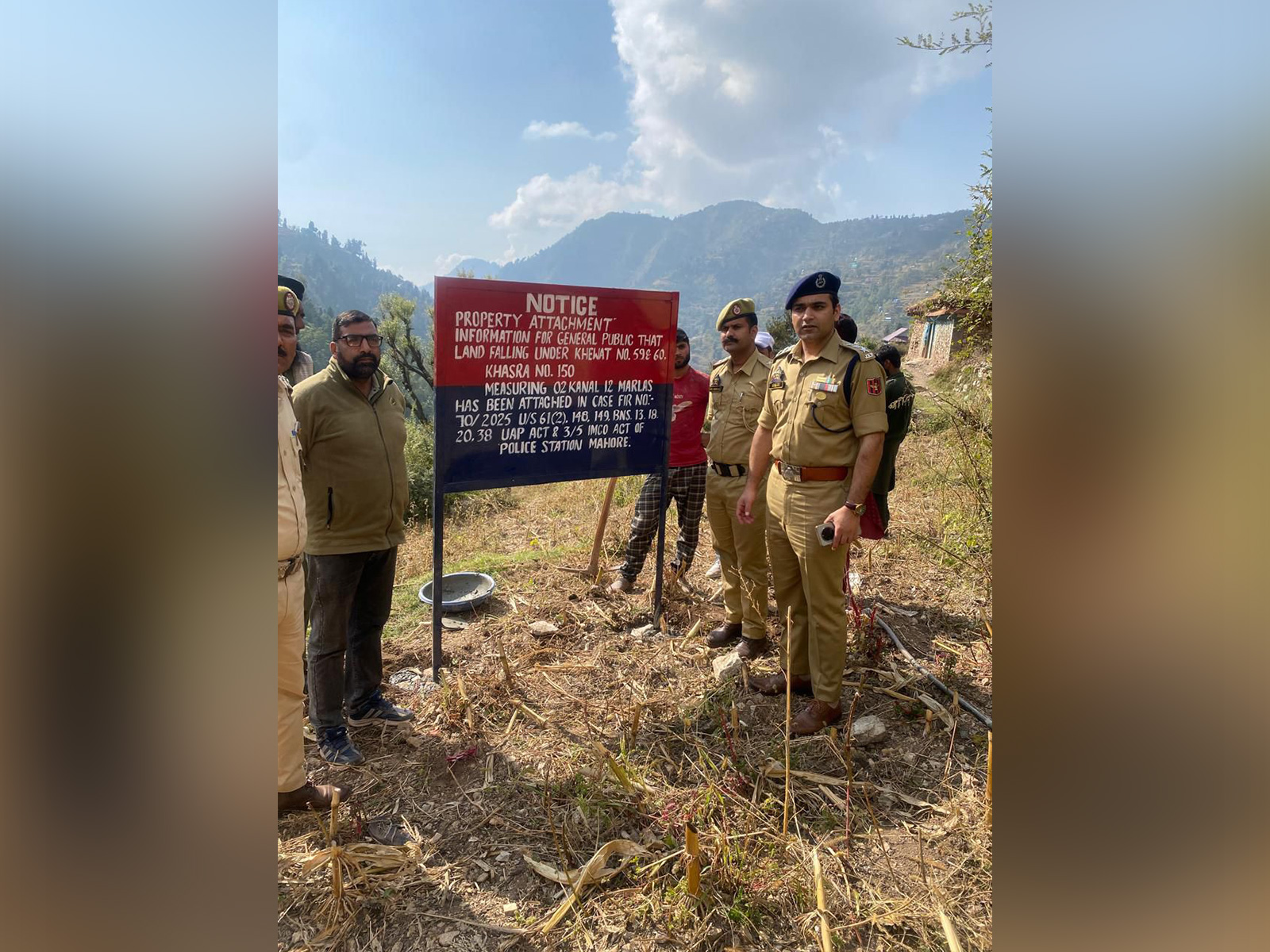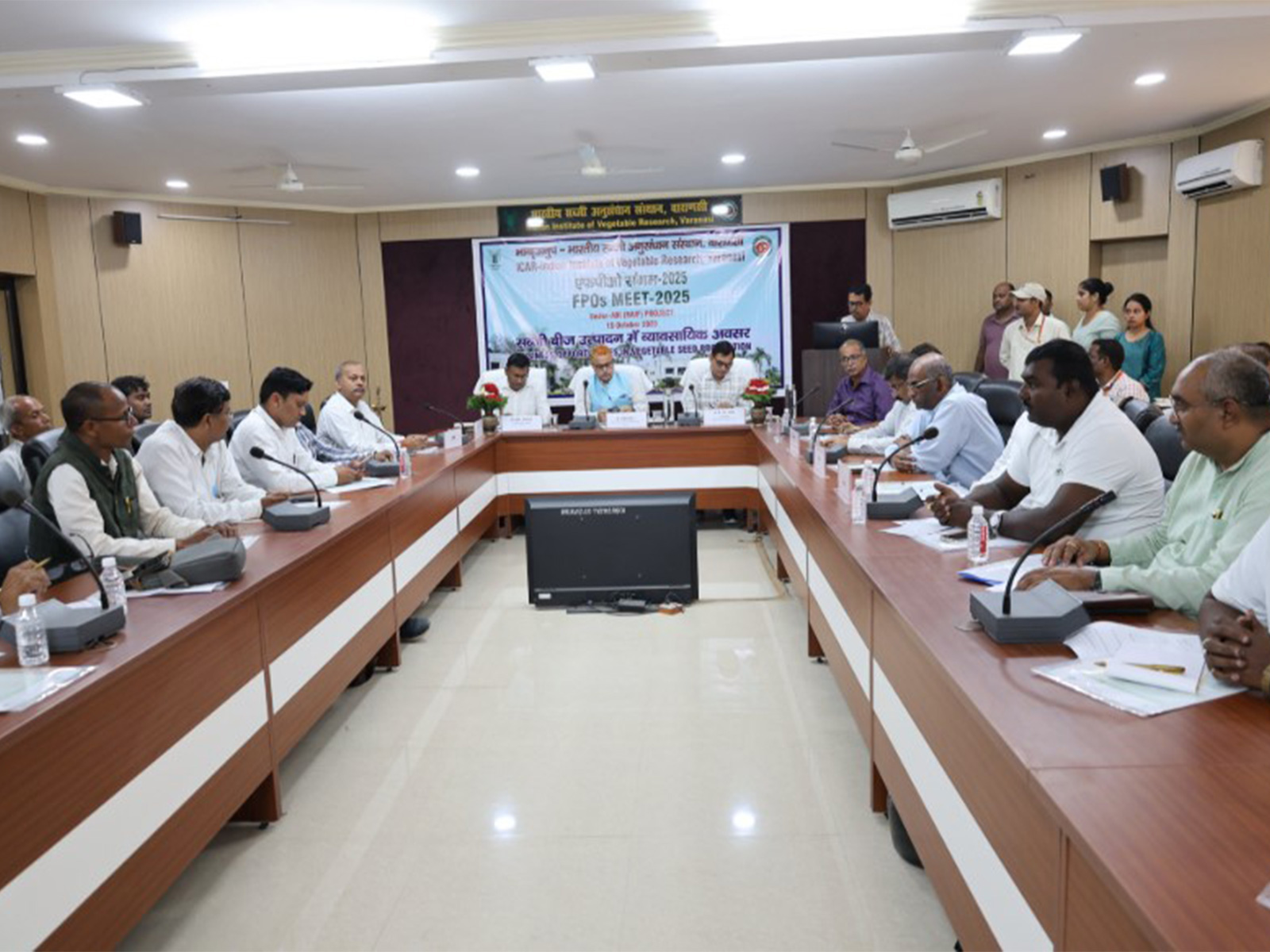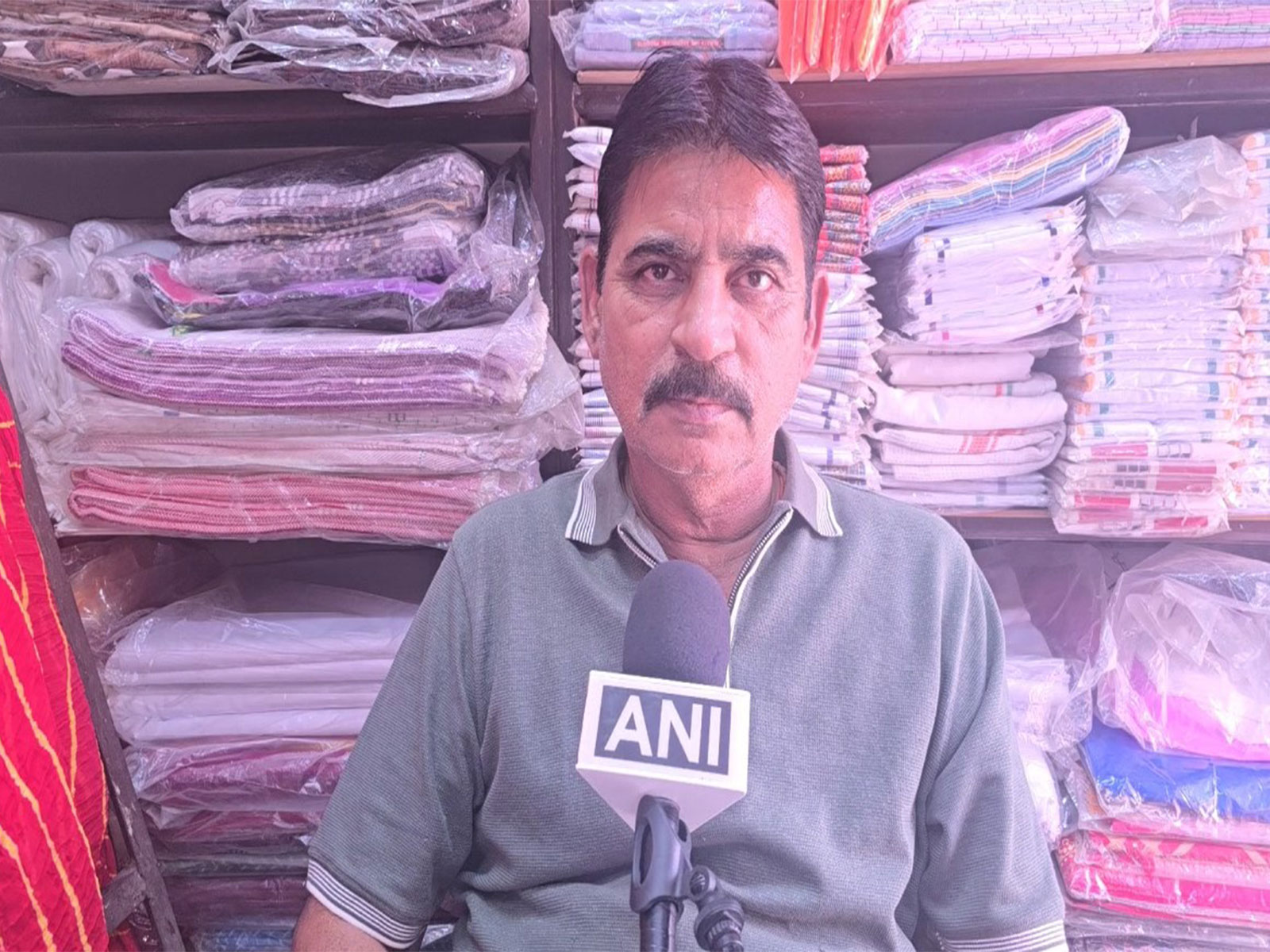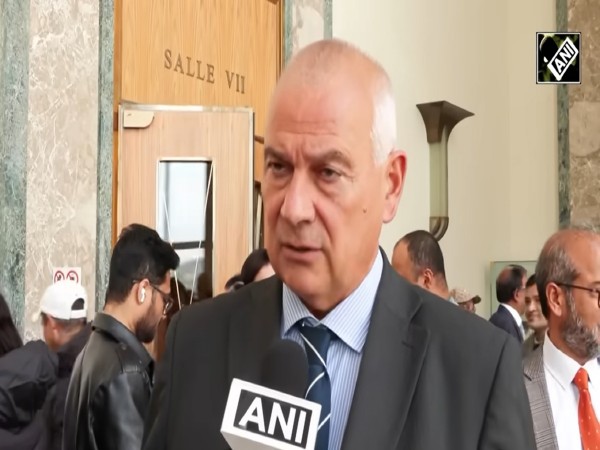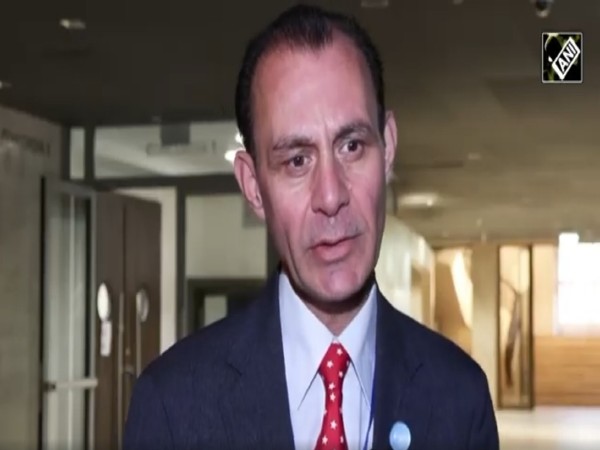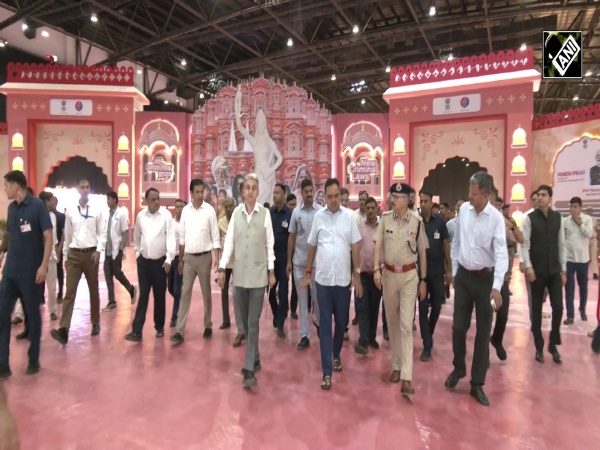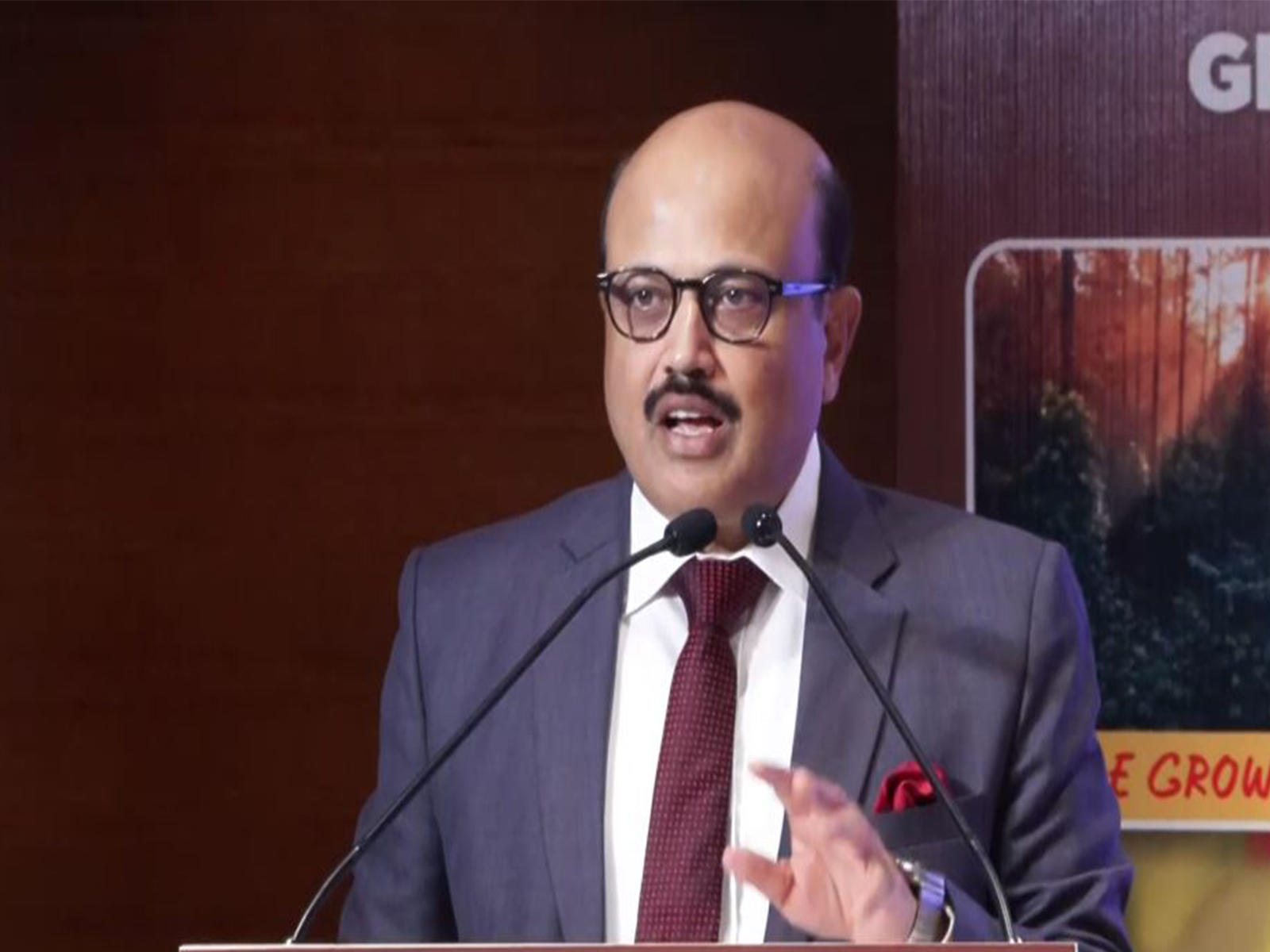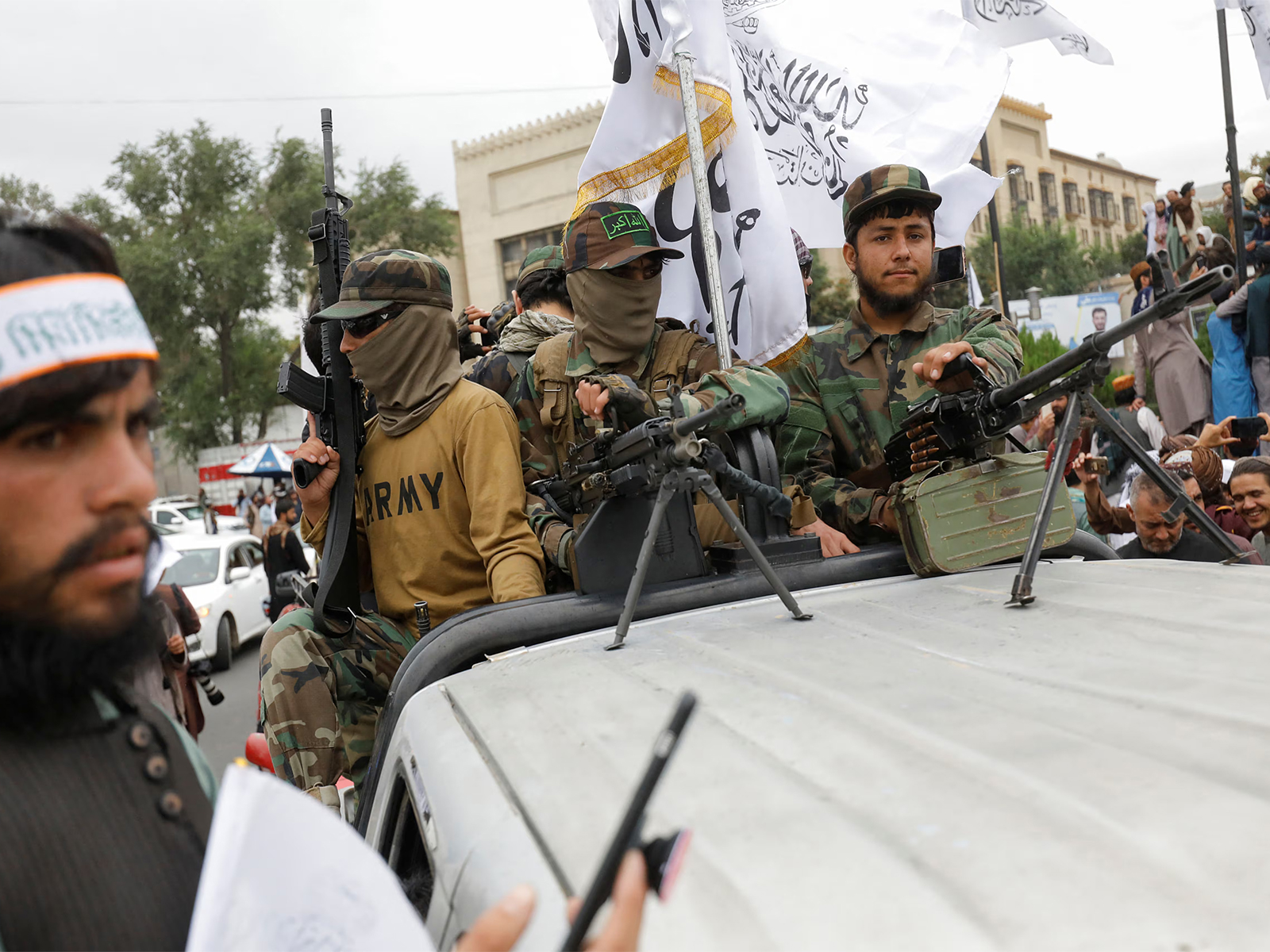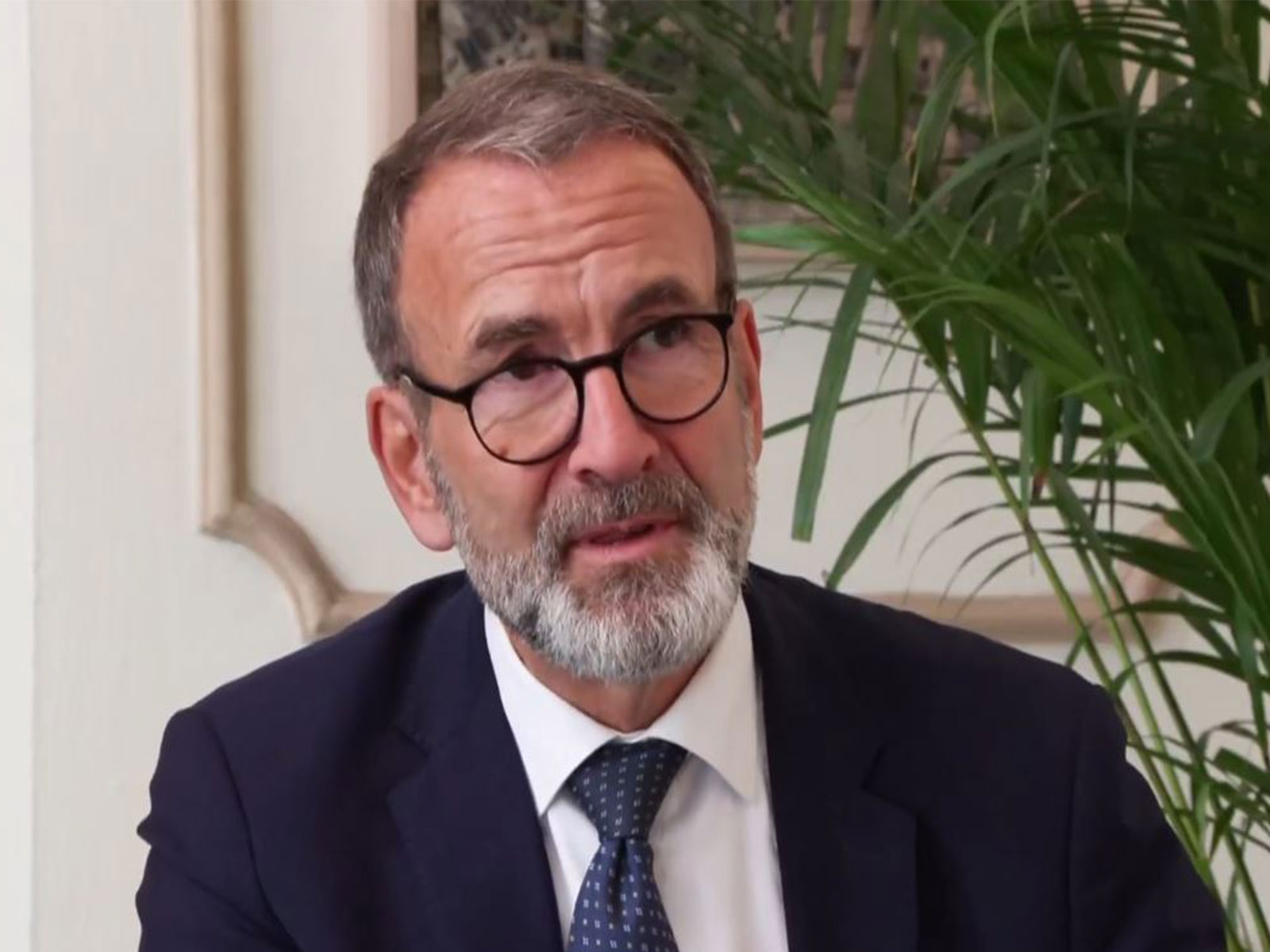
Top Naxal commander Mallojula Venugopal Rao surrenders before Maharashtra CM Fadnavis in Gadchiroli
Oct 15, 2025
Gadchiroli (Maharashtra) [India], October 15 : In a historic breakthrough for Maharashtra's fight against left-wing extremism, Naxal Commander Mallojula Venugopal Rao alias Bhupati alias Sonu alias Abhay surrendered before Chief Minister Devendra Fadnavis at the Gadchiroli Police Headquarters.
Along with Bhupati, nearly 60 Naxalites laid down their arms, marking one of the largest surrenders in the state's history. Bhupati had placed a precondition that he would surrender only in the presence of the Chief Minister.
Bhupati, born in Peddapalli district of Telangana, is not an ordinary Naxalite. A postgraduate in commerce and belonging to a Brahmin family, he was known as one of the most educated figures in the Maoist movement. His elder brother, Kishenji, was a senior Maoist leader once tipped to become the General Secretary of CPI (Maoist) before being killed in an encounter in Bengal in 2012.
Bhupati, now 70 years old, was drawn to left-wing ideology from an early age. He was arrested in 1982 in Chandrapur for anti-government activities and, after his release in 1984, went underground, living in the forests for the next 41 years.
He was one of the pioneering strategists of the Maoist movement in Gadchiroli, responsible for setting up the Aheri Dalam in 1984, which became the foundation of the movement in Maharashtra. Under his guidance, several other dalams were formed in Aheri, Bhamragad, and Perimili, expanding the Maoist presence across the region and adjoining areas of Chhattisgarh. Bhupati became an ideological mentor for several commanders and was instrumental in grooming many of them into senior leadership roles.
In 1989, Bhupati met Vimala Sidam alias Tarakka, a young Maoist cadre from Gadchiroli. The two married in the jungles the same year. They worked together in the same squad for a few years before being assigned to different regions due to operational needs.
Bhupati later rose to become the Secretary of the Central Regional Bureau and eventually a member of the Central Committee and Politburo of the CPI (Maoist). Under the pseudonym Abhay, he also served as the official spokesperson, releasing statements and manifestos on behalf of the organisation.
Over the years, Bhupati is believed to have participated in numerous encounters and ambushes that caused heavy losses to security forces. His strategic and intellectual input made him one of the key architects of Maoist operations across Maharashtra, Chhattisgarh, Telangana, Odisha, Jharkhand, Bihar, and Madhya Pradesh. The Maharashtra government had announced a Rs 50 lakh reward on his head, while combined bounties from other states exceeded Rs 6 crore. The 60 Maoists who surrendered with him collectively carried rewards amounting to Rs 3.01 crore.
Chief Minister Devendra Fadnavis described the surrender as a "turning point" in the state's decades-long battle against Naxalism. He said, "Bhupati's surrender marks the symbolic end of an ideology that kept Gadchiroli under the shadow of fear for four decades." Security officials also stated that the move would encourage more cadres to return to the mainstream.
After four decades in the forests, Bhupati's surrender signifies the collapse of one of the strongest intellectual pillars of the Maoist insurgency. From being a strategist and ideologue of the movement to now stepping into the mainstream, his journey mirrors the fading influence of Maoism in central India.
